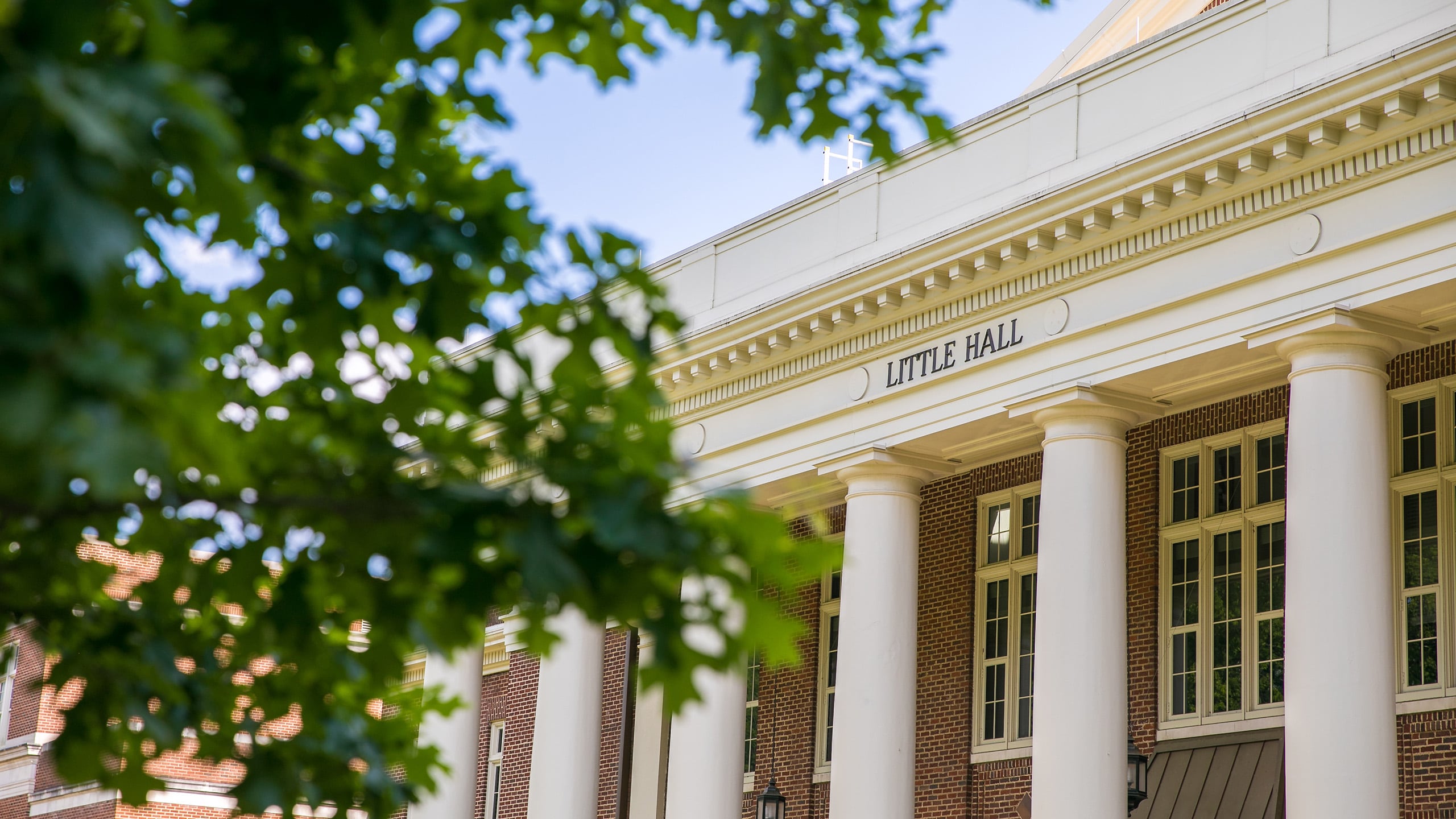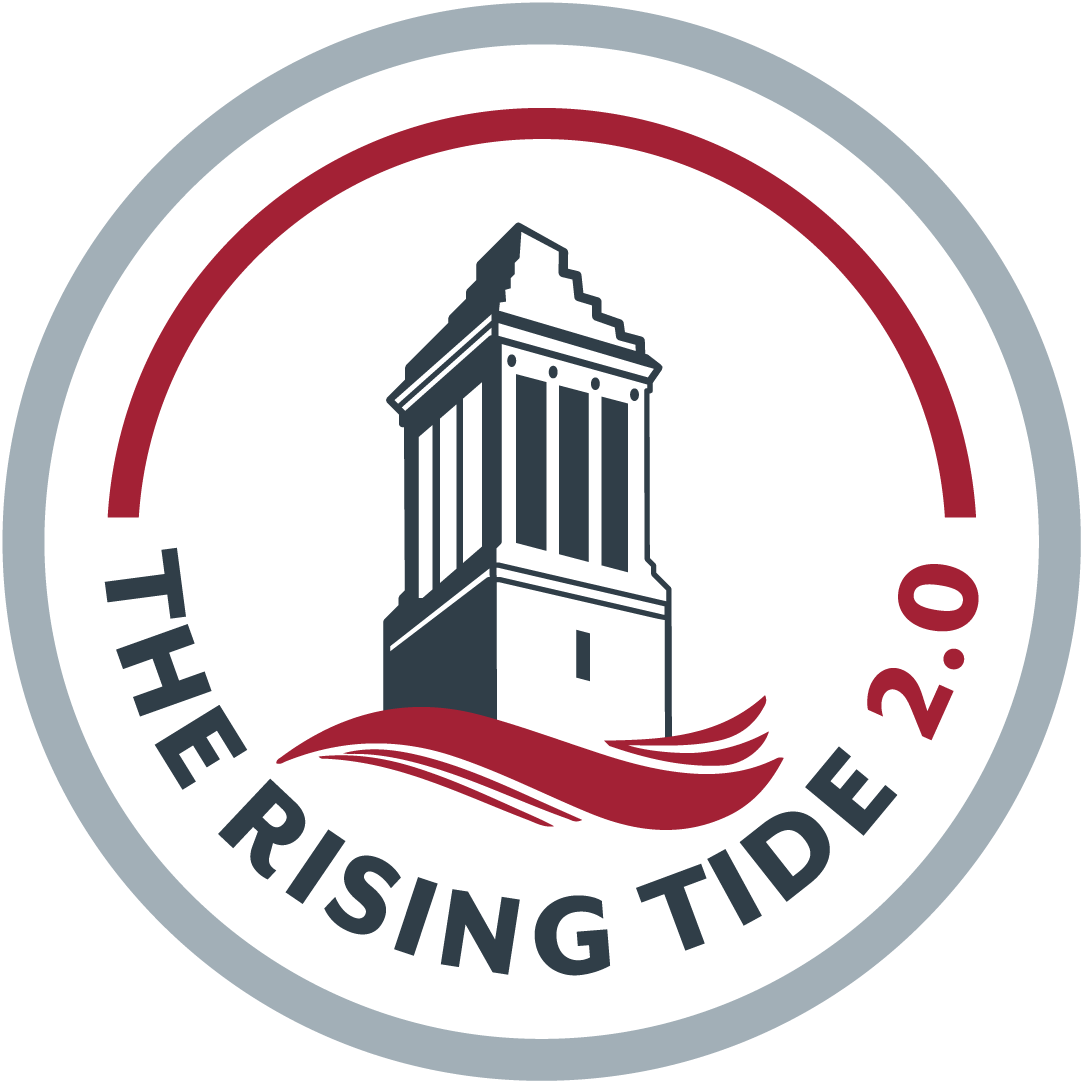When the School of Social Work’s (SSW) Washington, D.C. Internship Program launched more than 40 years ago, its mission was to prepare Master of Social Work (MSW) students for dynamic careers by immersing them in the epicenter of policy.
Early on, the program’s ambition dwarfed its scale, as roughly a half-dozen students filled placements in the Beltway each semester. But, over the last 40 years, the program has grown into a cornerstone for the School of Social Work and a vanguard in field education in the United States.
UA has the only school of social work outside of the D.C. area that offers semester-long social work placements in D.C., placing up to eight Bachelor of Social Work and 25 MSW students in D.C. placements each semester.
The program’s more than 600 alumni have moved on to careers in social work focusing on public policy, public health, direct services and private practice.
Equipping future generations of social workers to affect systemic change requires increasing focus and investment in policy and advocacy, particularly in the D.C. Program, which has answered these calls in a number of ways over the years. The D.C. Program added an undergraduate internship program in 2013 and, in 2017, launched the D.C. Policy and Advocacy Fly-In, an annual program that offers as many as 70 undergraduates and graduate students “unique and innovative ways” to refine policy and advocacy skills on Capitol Hill.
“These immersive experiences actively involve students in the intended and the unintended impact of policy creation and implementation, allowing them to see and understand the importance of their voice in the policy process,” Carroll Phelps, senior instructor and field coordinator of the Washington, D.C. Internship Program says.
By increasing funding for scholarships for the D.C. Program, more students can experience these transformative experiential learning opportunities and enter the workforce better equipped to create change.
Policy and advocacy activities at local and state levels in Alabama have grown, too, both in programming, like the National Association of Social Workers’s Advocacy Day in Montgomery, and in students’ research projects and individual advocacy efforts. These trends have revealed a need for increased support of student advocacy efforts in Montgomery.
Doctoral students Haley Beech and Amber Sutton are leading examples of how SSW students are leading this charge in Alabama. The pair studies the intersect of intimate partner violence, gun control and intimate femicide. In addition to their research, they’ve published op-eds about the cases of intimate femicide in Alabama, calling for action against a “preventable fate.”
“We have continuously echoed the voices of fellow advocates that have warned us for years about the pertinent need to focus on prevention and intervention efforts and what will happen if we don’t,” Haley says.
Additionally, Haley and Amber are combining their research interests in maternal health and intimate partner violence to strengthen the population of one of Alabama’s poorest counties. Haley and Amber are partnered with Sowing Seeds of Hope, a nonprofit organization in Perry County, on a community-based participatory research project that will provide a broad range of data in key areas, such as domestic violence, to better inform policy and social services decisions in Perry County. The pair is diving beyond current statistics to fill gaps and provide more accurate data, like the true number of domestic violence victims.
Though COVID-19 has slowed data collection and interviews for the project, their bigger picture is capacity-building for Perry County, where a significant portion of the population lives below the poverty line. “We’re trying to help the community make informed decisions for their population,” Haley says.

